Have you ever wondered about the people working their magic behind various K-dramas and variety shows?
You can catch glimpses of producers and writers through characters on shows such as The Producers, Melo Is My Nature, Temperature of Love, The Tale of a Gumiho, and more.
Today, let's dive into the lives of producers and writers who worked behind our favorite dramas.
Content warning: mention of suicide
PD
Let's look into the lives of a producer in Korea and how they managed to earn their success.
1. What is a PD?
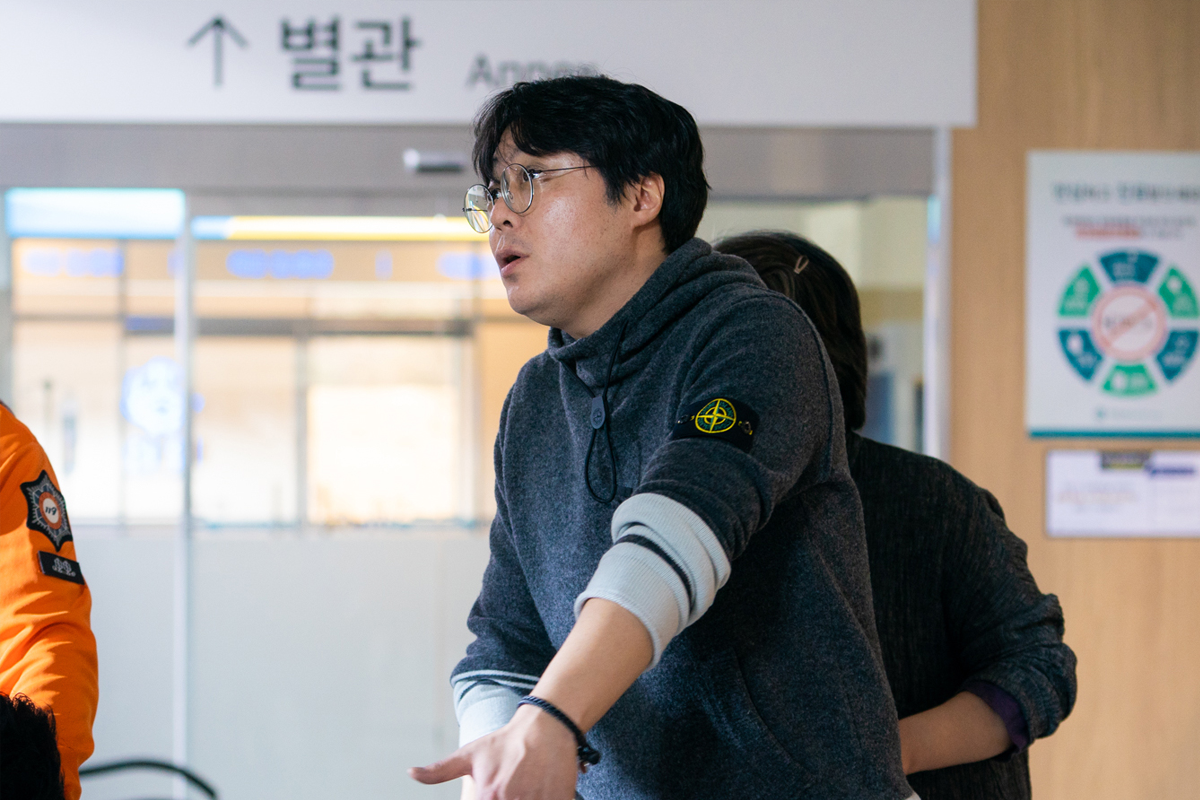
PD is short for a program director or producer, who are responsible for planning, production, directing, and broadcasting programs on TV.
PDs plan the programs, set the appropriate budget, make casting decisions, set filming locations, and constantly come up with new ideas that viewers will like.
Basically, the PD usually has the responsibility to make decisions for every little detail.
2. How to become a PD
 Source: 대학내일
Source: 대학내일
Before we tell you the specifics of how to become a PD, we want to let you know first that not all PDs belong to a broadcasting company.
When it comes to PDs at broadcasting networks, many believe that they are full-time employees of the broadcasting station.
However, the percentage of full-time PDs who work at broadcasting networks isn't large.

There are a lot of people who dream of becoming a broadcasting PD, but there are few positions available.
To become a producer at a broadcasting station, you have to overcome a high competition rate.
In the case of open recruitments for famous Korean broadcasting networks such as KBS, MBC, SBS, tvN, and JTBC, they have a high competition rate of almost 100:1.
Since the process of joining a company to become a producer of a broadcasting station is really difficult, the process is sometimes called a 'press examination'.
So how is the public recruitment process conducted for the PDs of a broadcasting station?
Let's take look at an example of a job announcement on the MBC website.

First, you must submit a self-introduction.
Everyone who wants to work in the field from all over the country flocks to showcase their best strengths.
There are no requirements for education when submitting the documents.
However, the academic background of the producers who work for major broadcasting stations is high-level.
For example, Na Young-seok, one of the most famous entertainment producers, graduated from Yonsei University.
Kim Tae-ho graduated from Korea University.
Shin Won-ho, who produced the Reply series, Hospital Playlist, and more graduated from Seoul National University.
 Source: 시사IN포토
Source: 시사IN포토
The second step is the written exam.
This is where you take the most difficult essay or written exam.
Working in broadcasting itself is related to media, but in order to organize the programs well, you need the ability to write persuasive and interesting materials.

The third step is the interview.
For interviews, each broadcasting station has a different style, but all of them are very strict in their evaluation of the applicants.
In the case of open recruitments for MBC in 2021, the interview consists of three stages: competency interview, multi-person interview, and the final interview.
If you successfully go through all of these steps, you can break through the competition rate of 1000:1 and become a PD.
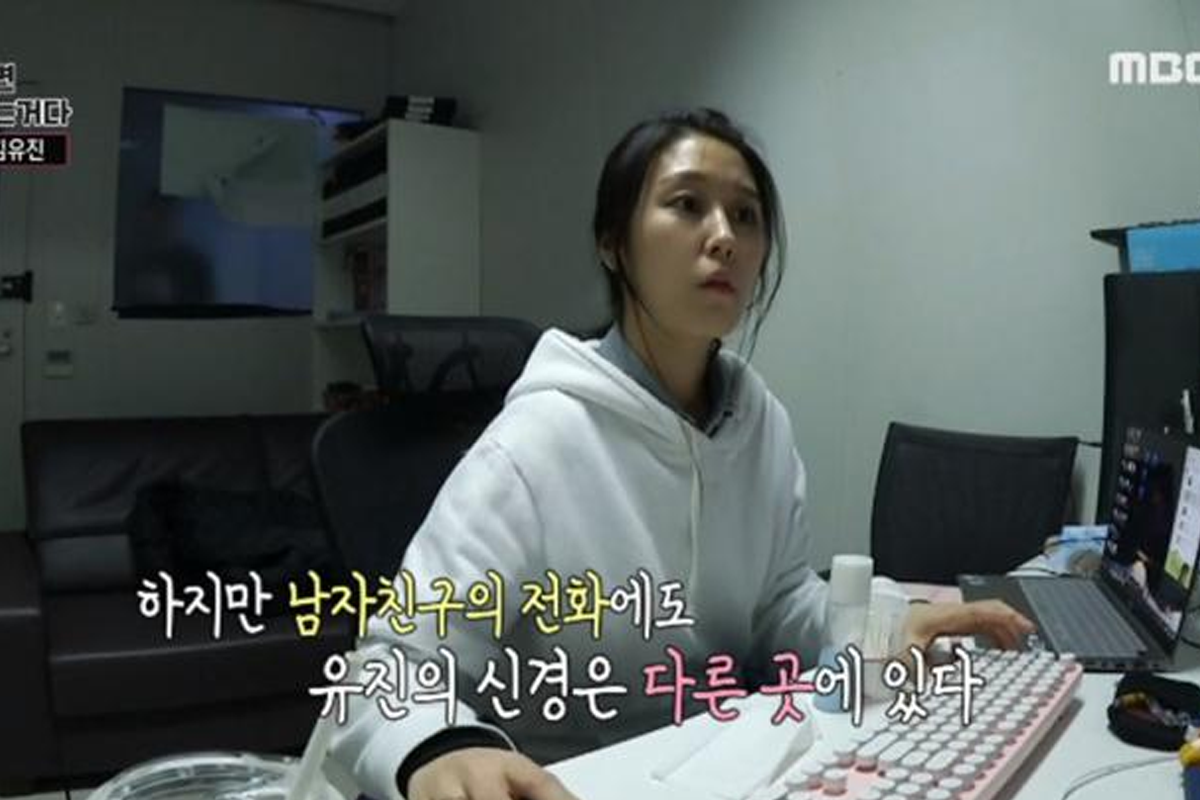
Then what about the other producers who don't belong to a broadcasting station?
They are mostly from other production companies or are freelancers.
Since workers from one station can't produce all the shows, they look for other producers outsourced from various companies.
Because it's hard to break through the high competition rate for open recruitments, some choose this path to follow their passions.
In this case, they go through the same process of joining a regular company.
And they can build up their experiences in the company.
3. Assistant PD

Passing the open recruitment or joining another production company does not immediately make you the main producer of a program.
To become a producer who can really take the lead, you have to have experience of at least five years of being an assistant producer.
You can think of this as the training course to become a PD.
You can learn how to work in the field by taking care of the little things that are necessary to run the program.
Assistant producers are involved in everything, including the casting process, location, management, time allocation, budget management, editing, filming, and more.
The assistant's work is endless, so it's hard to get home once a week.
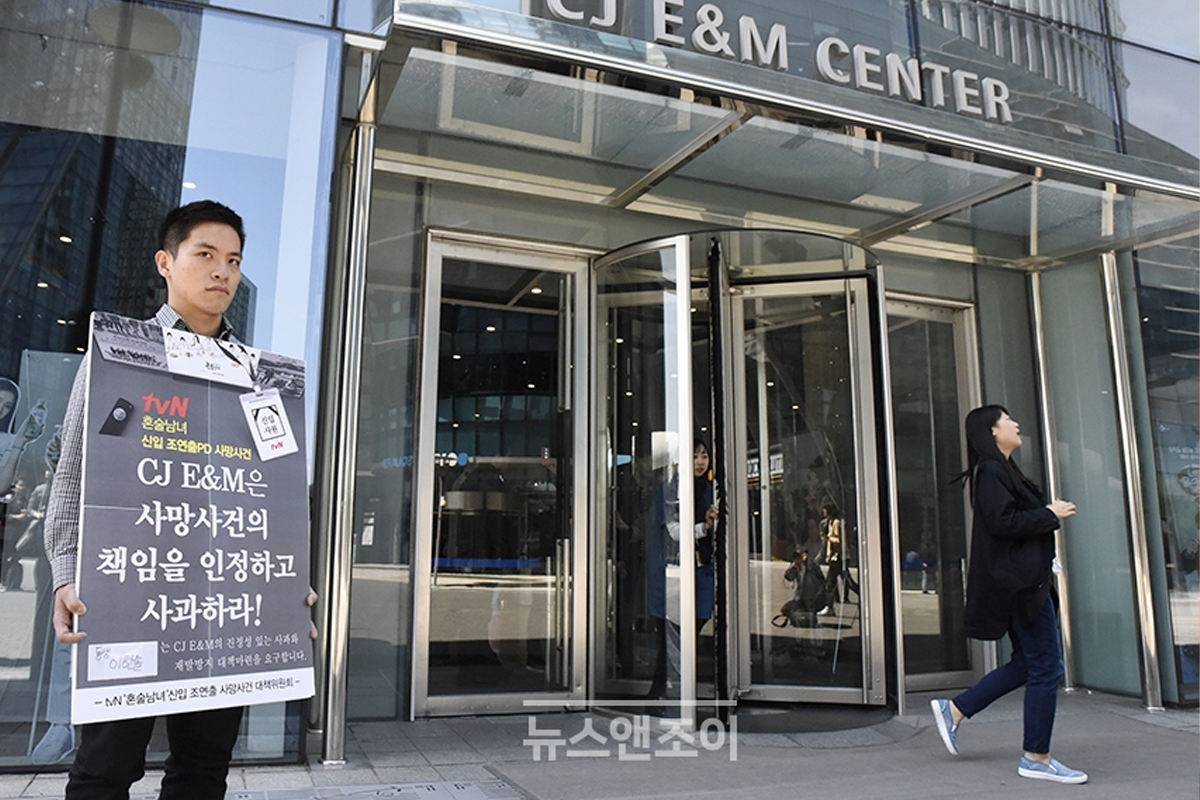
In addition, the filming sets aren't organized and sometimes result in unreasonable and abusive practices.
For example, in October 2016, assistant producer Lee Han-bit, who was working for tvN's drama Drinking Solo sadly took his own life the day after the drama ended.
It was less than 10 months since he became a producer at tvN and passed the tough recruitment process.
Among the 55 days of filming, producer Lee Han-bit took only two days off.
Also, his daily routine consisted of stopping by his house at 4 a.m to grab his clothes and starting work at 6 a.m.
There was severe verbal abuse and insults were thrown around.
While not every project is like this, you can clearly see it is an extremely demanding and difficult job.
4. Main PD
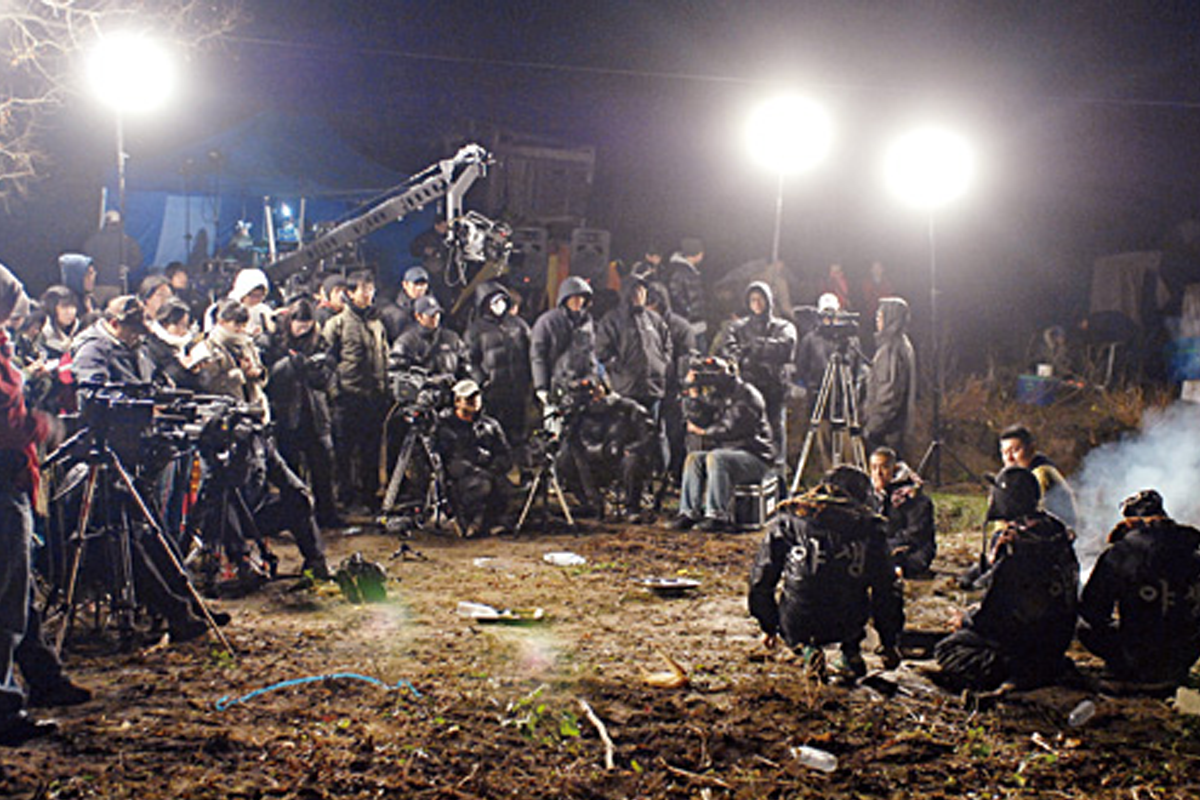
After going through the training process of an assistant producer, where they successfully plan and are responsible for a program, they can become the main PD.
The main PD may have less work than an assistant PD, but the responsibilities and pressures are very high.
It depends on the size of the program, but the number of people needed to produce a program is at least 30 to 40.
You need great leadership skills and communication skills to direct all the staff members.
Also, the pressure is high to obtain good viewer ratings since your name and reputation depend on them.
There are a lot of staff members and entertainers that work on these projects together with their careers on the line, so they all feel a lot of pressure to get high ratings.
5. Salary
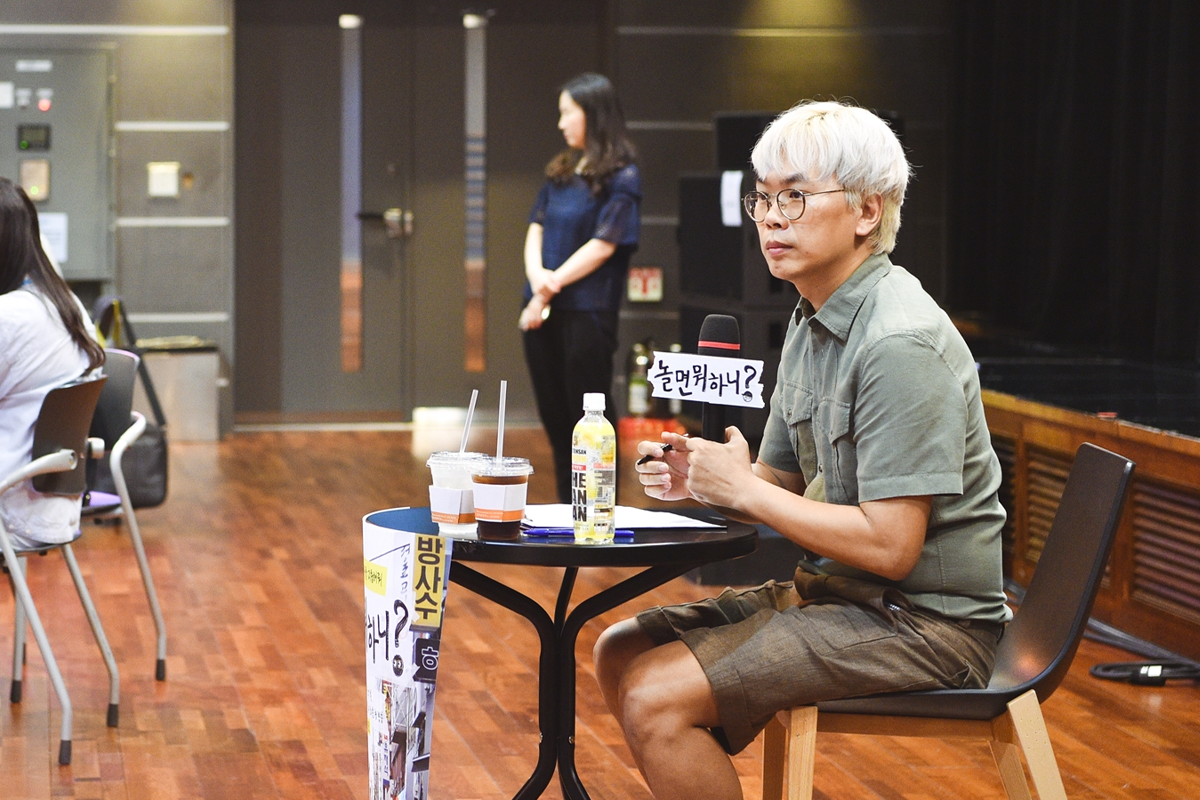
Of course, the annual salary of the producers varies greatly.
Freelance producers such as producers from broadcasting stations or from other companies are said to have an overall annual salary difference of 3-4 times.
In addition, PDs often receive performance-based bonuses.
Depending on the production cost of a program, the target ratings are set.
If the program achieves its target audience rating or is premiered overseas, they will receive a huge bonus.
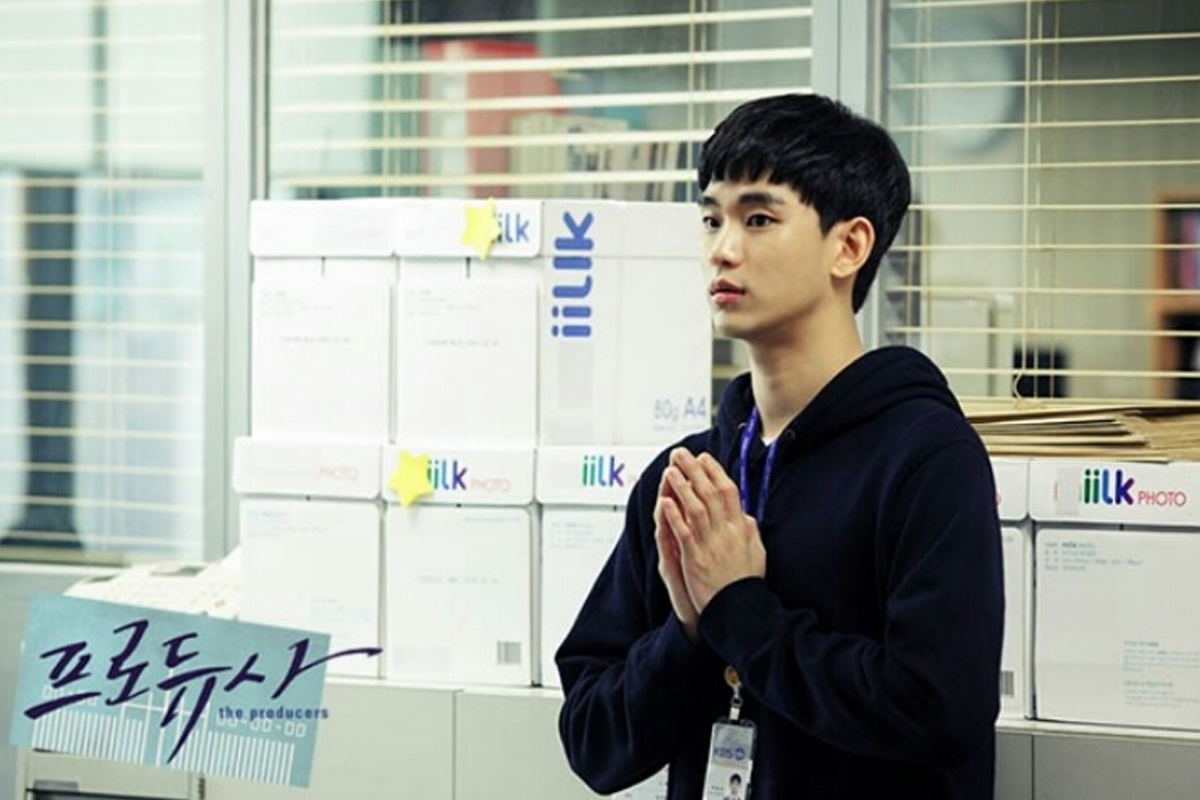
According to Kredit Job, the annual salary of employees in 2016 varies slightly from each broadcasting station.
But on average, it was more than 40 million won (approx. 34.6K USD).
It's similar to the salary of a new employee at a large company.
On the other hand, a producer from other outsourced production companies works at minimum wage in the beginning which is about 20 million won (approx. 17.3K USD).
However, it is said that they didn't even get minimum wage in the past.
A few years ago, a company paid 800,000 won monthly to their producers.
This is why everyone aims to be a producer of a broadcasting station after getting accepted during the public employment.
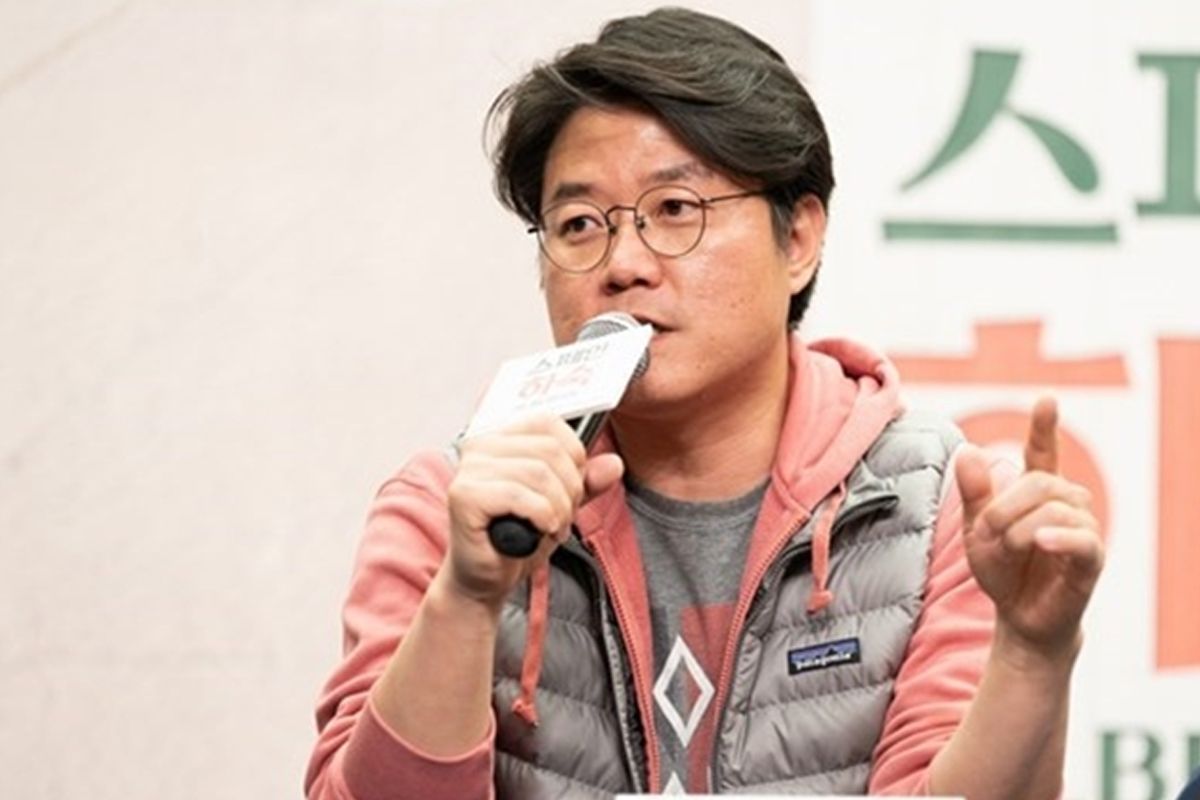
In the case of "Star PDs" who succeed in every program or project, they make a lot of money.
Producer Na Young-seok, who started with 2 Days & 1 Night, then led on to do many more successful shows such as New Journey to the West, Three Meals a Day, and Youn's Kitchen, received 4 billion won (approx. 3.4M USD) from CJ Enm in 2018.
This salary is more than the annual salary of CJ's chairman and vice-chairman.
Popular K-drama producer Shin Won-ho, who created the Reply series and the Hospital Playlist series, earned about 2.7 billion won (approx. 2.3M USD) in 2018.
Screenwriter
Now let's take a look at the lives of screenwriters in Korea!
1. What is a screenwriter?
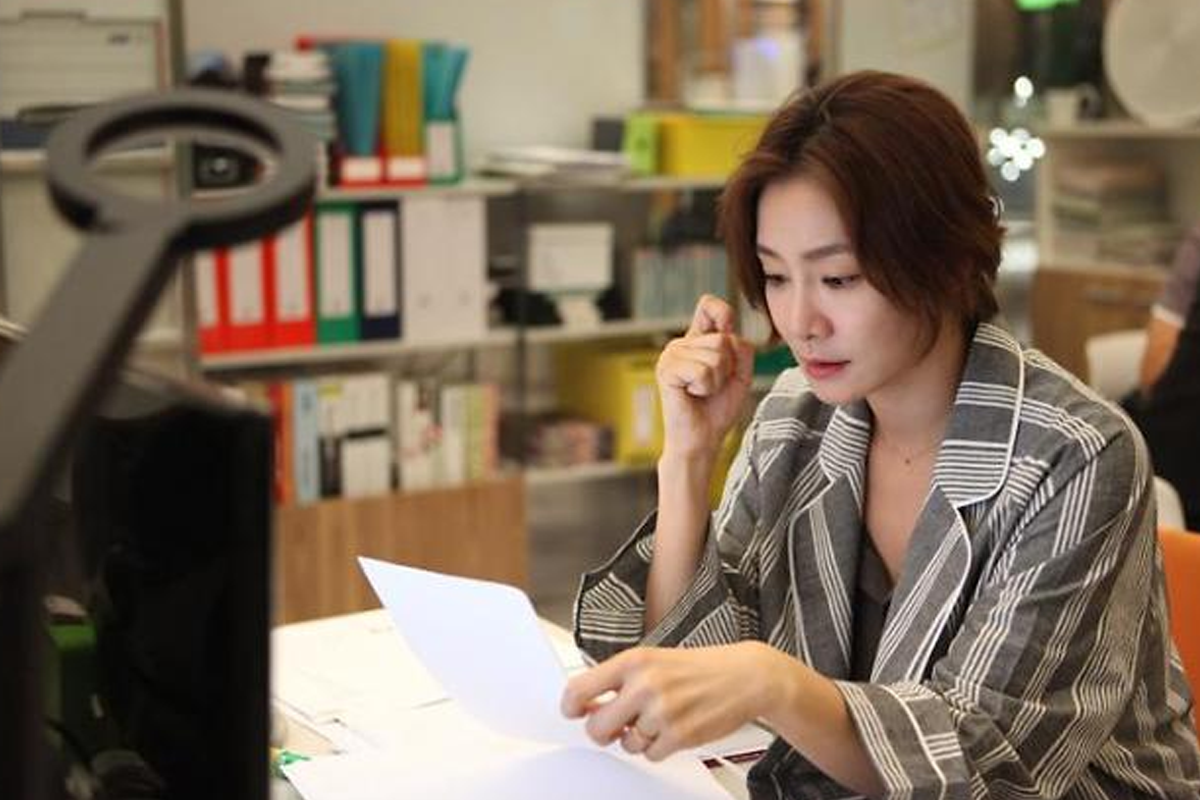
A screenwriter is a person who writes scripts for a program that's being broadcasted.
There are two main types of screenwriters.
There are drama writers who write scripts for dramas, and broadcast writers who organize the entire composition of variety shows or culture shows.
Writers participate in planning, organizing, and writing scripts for programs.
In other words, writing a script isn't their only responsibility.
In fact, they are involved in many things that support the PD and create a program.
2. How to become a screenwriter
Drama writers and broadcast writers are very different, so there are many different ways to become a writer.
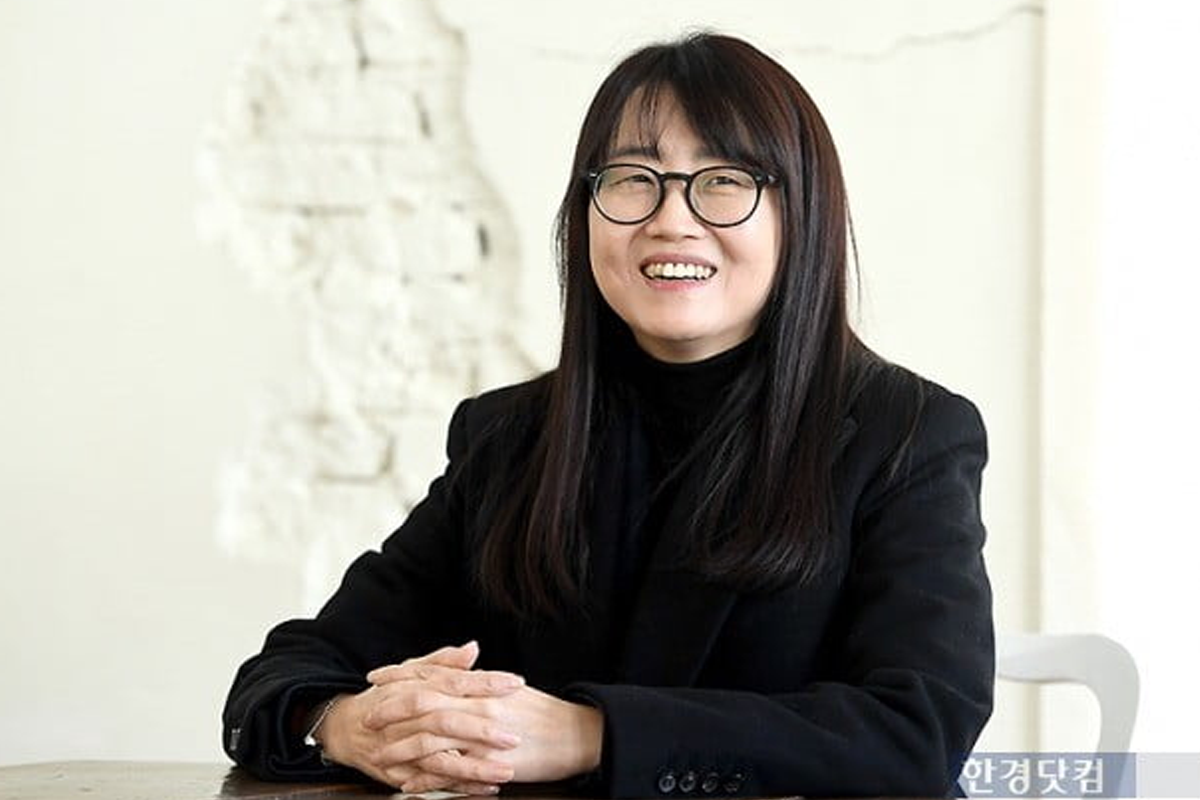 Source: 한경닷컴
Source: 한경닷컴
For drama writers, the most common route is to win a drama play contest hosted by major broadcasters or drama production companies.
At the same time though, the opportunities are very narrow.
There are so many aspiring drama writers who prepare for years to write good scripts.
You have to go through a long waiting process of drama producers that evaluate your script.
All drama writers are freelancers, so it is very difficult to calculate their average annual salary.
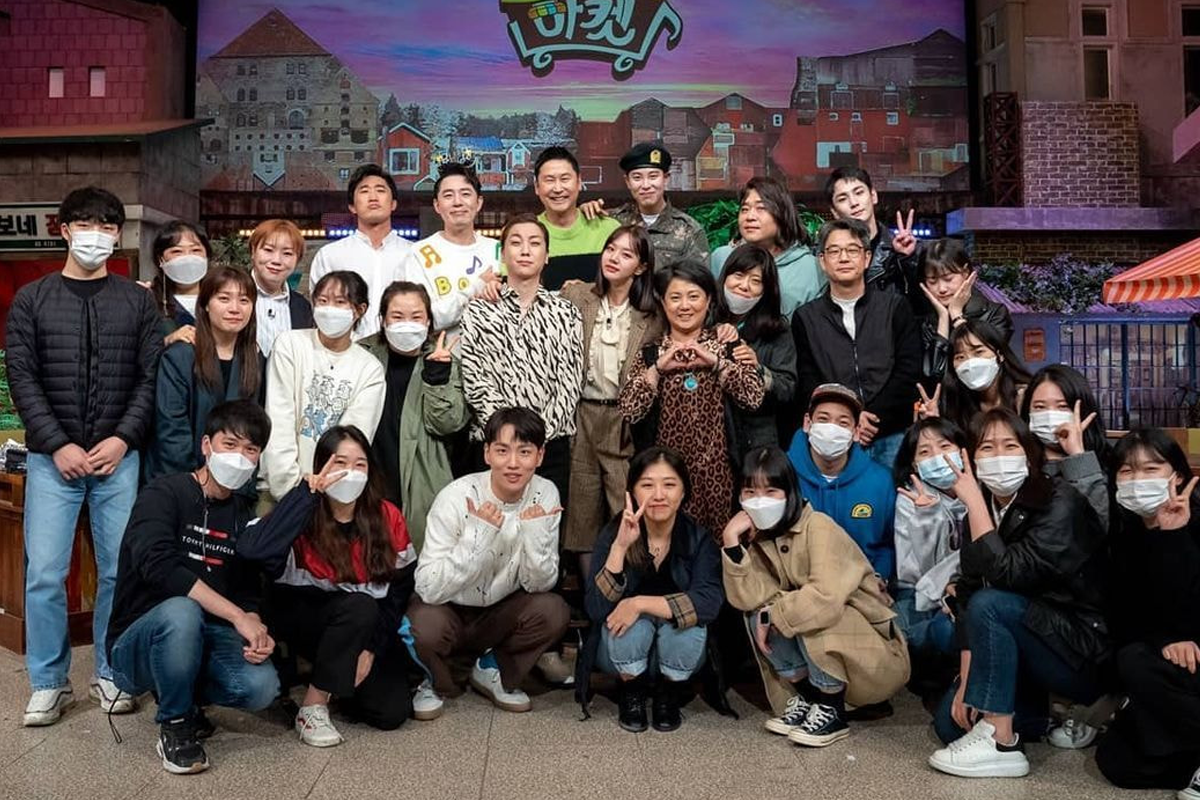
There is no open recruitment process that is available.
In fact, screenwriters don't officially belong to the broadcasting stations as most of them are freelancers and contractors.
Then what kind of route do you need to take to become a writer?
First, you get there through connections.
In the case of screenwriters, they work under the main PD, so if the main PD sees them as the right person to work with, they will be picked.
Second, you can attend an academy.
There are a lot of screenwriters' academies to train writers and help them develop their abilities.
If you go to an academy and complete their curriculum, they will often connect you with the right program.
Third, you can go through a job search website.
When you find a job post online looking for writers for a program you're interested in, you can apply with a self-introduction letter that describes your abilities and career.
3. Youngest writer
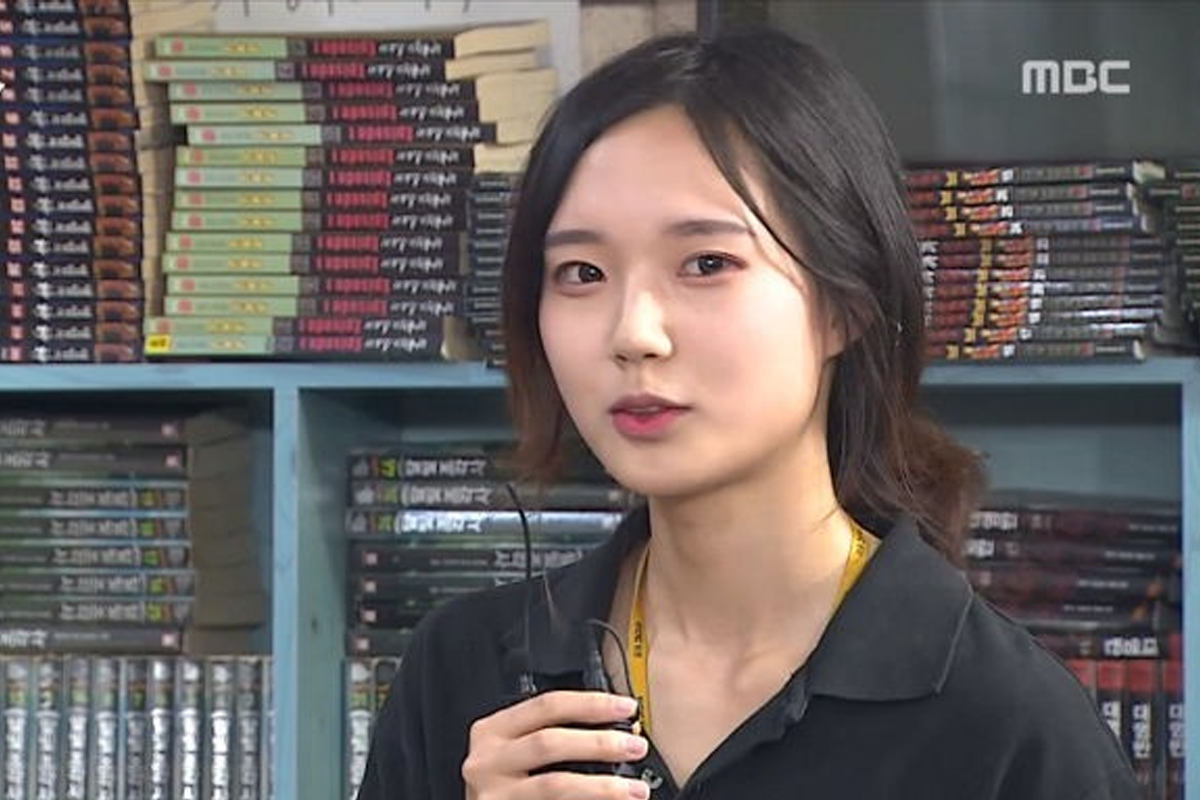
The youngest writer, also known as maknae (막내) writer, is the lowest position among writers.
They take on the most trivial tasks of writers and assist senior writers.
There are a lot of tasks to do, such as researching the materials that are the foundation of the program, calling the cast, adjusting the schedule, and assisting with editing.
This process is said to increase the ability to organize programs.
In addition, the youngest writer does all the small calls, such as copying materials and preparing snacks.
Of course, the tasks themselves are small, but it's very challenging because of the heavy workload.
60 percent of aspiring writers say that they gave up their dreams while working this position.
It's similar to the assistant PD that I introduced above.
4. Sub writer

After working for about 3 years on average as the maknae, you will have a chance to become a sub-writer.
The sub-writer will be in charge of a whole section of a program.
It's the sub-writer's job to take responsibility and organize the section and write up a script.
5. Main writer
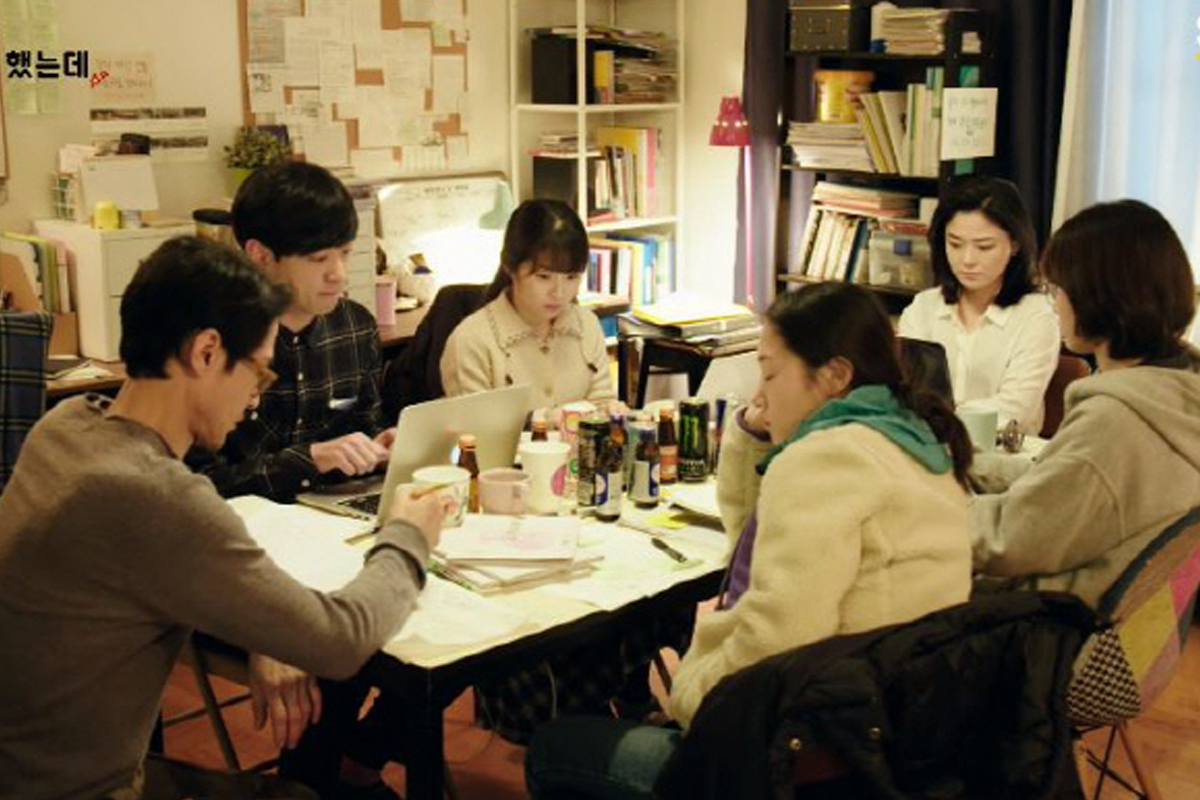 Source: Oh My News
Source: Oh My News
If you work as a writer for more than 10 years and gain experience, you can become the main writer.
At this time, you'll be in charge of the entire program, not just one part.
You're in charge of confirming everything that the youngest and sub-writers do.
With the producer, you get to think of the direction of the program.
Therefore, the main writer is just as important as the PD in a program.
6. Salary
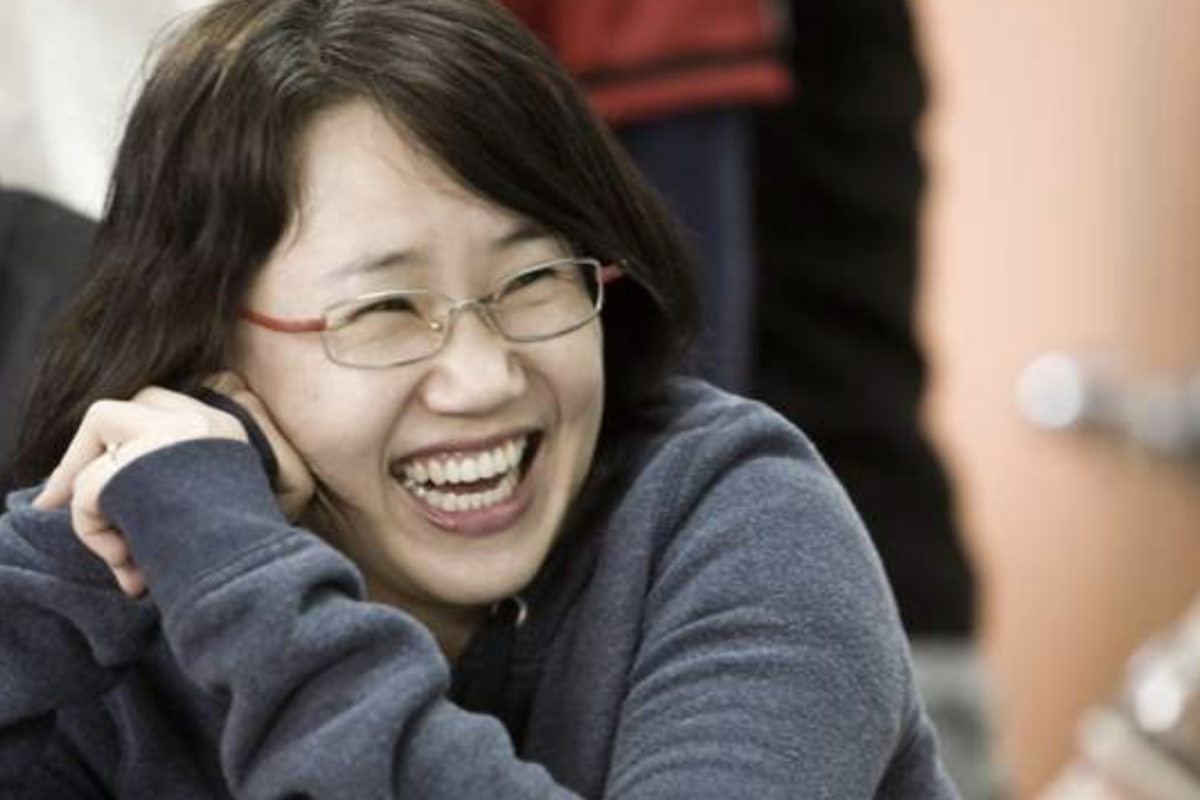
As explained earlier, it's difficult to calculate the average income for drama writers.
It's because there's a wide range of differences depending on the writers and the work.
The drama writers get a down payment when they make a contract with the station for the first time, then they receive a manuscript fee per episode.
The scripts of a new writer who just made their debut are worth about 10 million won (approx. 8K USD) per episode.
If the drama is successful, it will go up to 20 million won per episode (approx. 17.3K USD).
For famous writers, they receive money beyond imagination.
Kim Eun-sook, the most famous screenwriter in Korea, who wrote for the shows Guardian: The Lonely and Great God and Mr. Sunshine received about 2 billion won (approx. 2.3M USD).
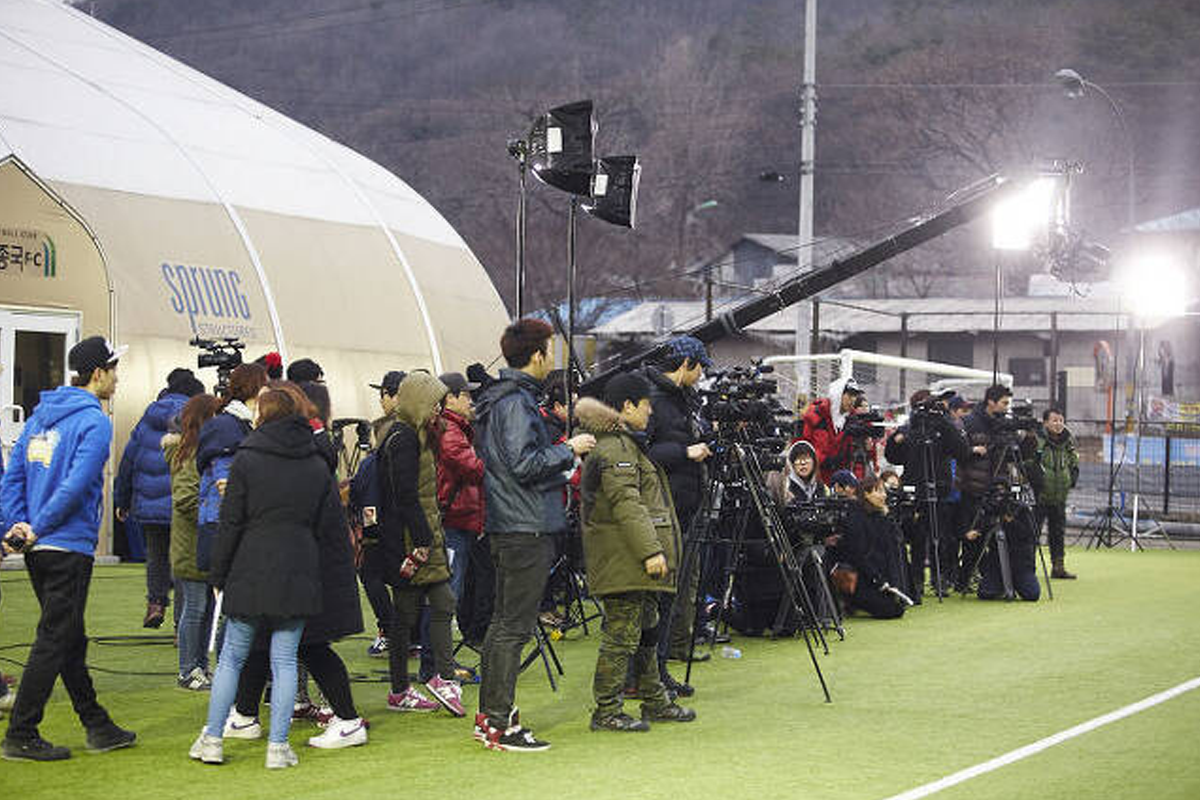
It is not easy for screenwriters to make a lot of money.
Screenwriters get paid per episode of the show, not monthly.
That's why even if you've worked hard, you can't get paid if the show gets canceled.

The youngest writers usually get about 400,000 won per episode on average. Which is about 1.6 million won (approx. 1.3K USD) per month.
In other words, the youngest writers are generally paid minimum wage or less.
And the more experience you gain, the more money you'll get.
The main writer who has a lot of experience and is well-known in the industry gets about 1.5 million won (approx. 1.3K USD) to 2 million won (approx. 1.7K USD) per episode.
As such, writers are known as a very difficult job to have because of the high volume of work and unstable income.

Today we learned about the life of PDs and screenwriters who work behind the scenes of some of our favorite K-dramas and variety shows.
It seems like a cool and fancy job to have which allows you to meet many celebrities and be creative, but it's actually very challenging, right?
When I now watch K-dramas or variety shows, I will for sure be thinking about the efforts of its producers and writers that are off-camera.




